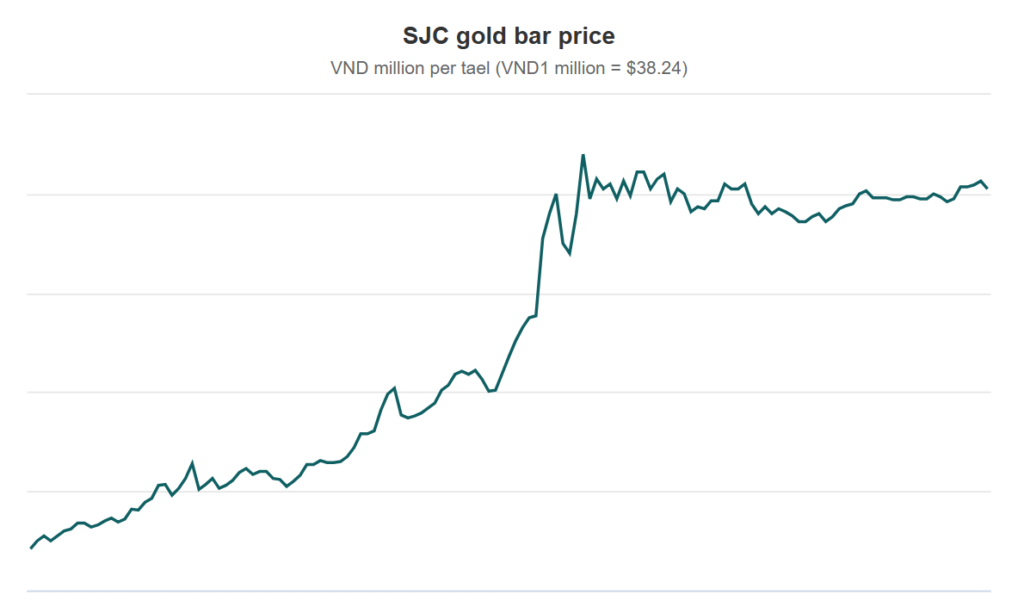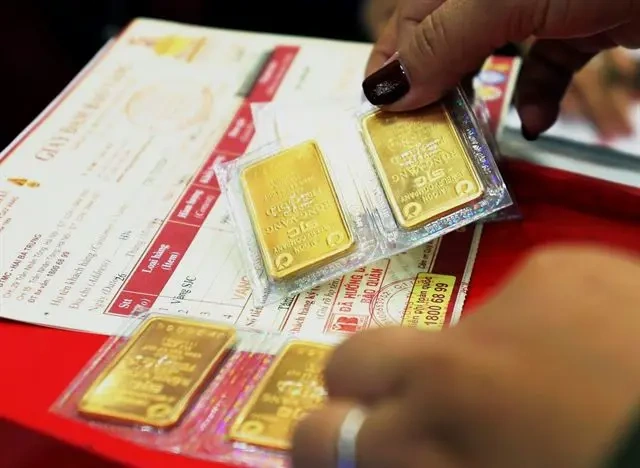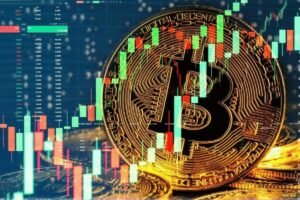Introduction: A Quiet Shift in Sentiment
As Vietnam moves deeper into 2025, Gold Forecast remains a popular topic among both seasoned and first-time investors. Rising living costs, global uncertainties, and ongoing currency fluctuations have pushed many to reassess whether gold will hold its value or fall short of expectations. The appeal of gold in Vietnam is not purely financial — it carries cultural significance and is often viewed as a symbol of stability during uncertain times. While no prediction is absolute, there are clear signs and patterns worth considering. This FAQ addresses the most common concerns about gold’s future in Vietnam this year, aiming to help readers navigate decisions with a more grounded perspective.
Gold Forecast 2025 Frequently Asked Questions
1. What is the overall gold forecast for Vietnam in 2025?
Analysts predict that gold prices in Vietnam will likely experience moderate fluctuations in 2025, with no strong indications of either a major crash or a sustained rally. The general expectation is for a year of consolidation, especially as inflation stabilizes and global markets adjust to slower growth. Domestic demand remains a supporting factor, but external conditions may limit significant price surges. Investors should temper expectations and focus more on long-term positioning than short-term profit.
2. Will gold prices crash in Vietnam this year?

Credit from VnExpress International
While market corrections are always possible, a dramatic crash in gold prices is unlikely in the Vietnamese context. Local demand remains steady, and gold is still regarded as a safe-haven asset, especially by older investors and households that view it as a form of long-term security. The Vietnamese market’s structure — largely made up of physical gold holders — lends a natural resistance to volatility. Unlike equity markets, the gold sector here is more insulated from speculative swings and international fund outflows.
3. How does inflation affect gold prices in Vietnam?
Historically, gold has been seen as a hedge against inflation, and this belief remains strong in Vietnam. When inflation rises, people often buy gold to preserve purchasing power. However, in recent months, inflation has shown signs of slowing, which could reduce upward pressure on prices. Still, even in a low-inflation environment, gold tends to hold value better than cash or certain short-term savings instruments. The emotional aspect of owning gold — as both a store of value and a traditional form of wealth — reinforces this behavior across different income levels.
4. Is gold still a safe investment in Vietnam in 2025?
For risk-averse investors, gold continues to offer a sense of stability. It may not provide high returns in the short term, but its value preservation over time is well established in Vietnam. Many families still rely on gold for savings or emergency reserves, and this behavior supports its ongoing role in the market. While not “safe” in the sense of being risk-free, gold is widely seen as less volatile than stocks or property. In particular, it has remained resilient through past economic shocks, from currency crises to global recessions.
5. What are the main factors that will influence Vietnam’s gold price in 2025?
Several interconnected elements will shape the market this year. Global inflation rates, interest rate decisions by major central banks, and geopolitical tensions all influence international gold pricing. In Vietnam specifically, the exchange rate of the đồng, domestic gold demand (especially during holidays like Tet), and any potential changes in gold import regulations may also play key roles. Additionally, policy moves from the State Bank of Vietnam regarding gold management and distribution could affect local supply and investor confidence.
6. Should I buy gold in Vietnam before the end of 2025?

Credit from The Star
The decision to buy gold depends on your investment goals. If you’re looking to protect wealth or avoid currency risk, gradual accumulation of gold throughout the year can be a reasonable strategy. Trying to time the market rarely works, and for long-term holders, entering in multiple phases often leads to better average costs than waiting for the “perfect” price. That said, it’s worth monitoring for temporary price dips, especially following international economic updates or exchange rate fluctuations.
7. How does the Vietnamese gold market differ from global trends?
Vietnam’s gold market is distinct in several ways. It relies heavily on physical gold ownership, such as jewelry and gold bars, rather than paper or digital forms of gold. Local pricing is also subject to domestic factors, including consumer behavior, cultural demand, and supply constraints. As a result, gold in Vietnam sometimes follows its own rhythm, even when global markets cool down or accelerate. This local-market dynamic gives Vietnamese investors unique opportunities — and challenges — not always mirrored in global forecasts.
8. What gold forecast price trends should investors watch for this year?
In Vietnam, seasonal demand often creates temporary spikes, especially around Lunar New Year or wedding seasons. Beyond those moments, gold may move in step with larger economic narratives—particularly inflation figures, exchange rate changes, and global news cycles. Investors should pay attention not just to daily prices, but to how long-term trends are forming across quarters. The ability to track and understand these broader cycles can make the difference between short-term panic and long-term strategy.
Gold Forecast 2025 Conclusion: Caution, Not Panic

Credit from VnEconomy
The gold forecast for Vietnam in 2025 reflects a market in transition. Although the fear of a crash has surfaced in headlines, current evidence suggests a relatively stable year ahead. Gold remains an asset grounded in cultural trust and long-term practicality. For investors seeking protection over performance, it may continue to play a quiet but steady role in the months ahead. While it may not deliver eye-catching returns, gold still offers something equally important: confidence during economic uncertainty.











